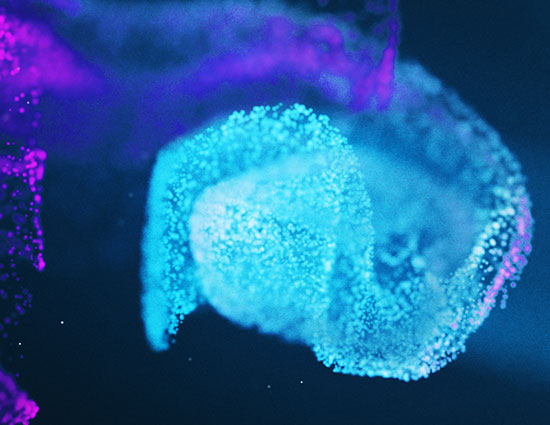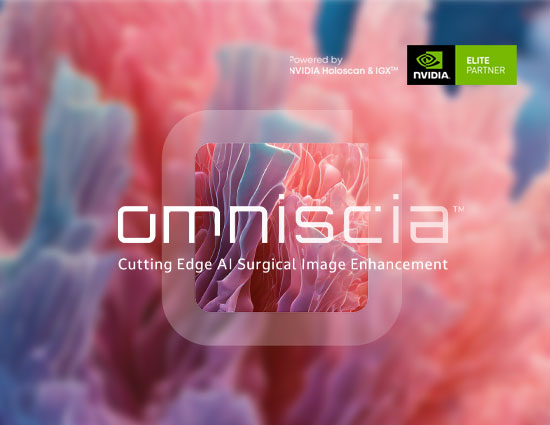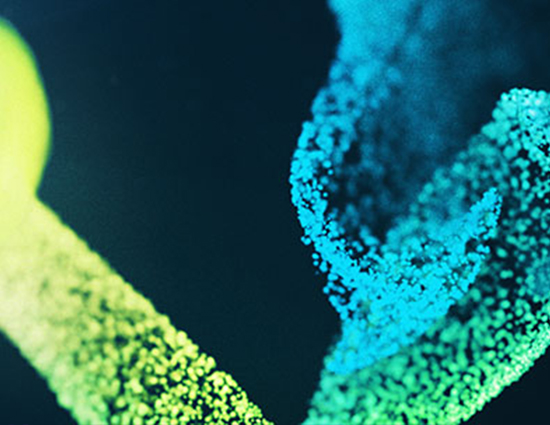Deep tech
We do deep tech innovation for clients. Why? Because a deep tech strategy allows them to create and capture enduring value from a commercial and operational advantage their rivals can’t copy.
Me-too incremental innovation brings shallower returns. Original, new-to-the-world deep tech innovation creates market monopolies. Are you a deep tech thinker? Then read on.
What is deep tech?
Deep tech is a strategy for business and operational transformation. It’s a conviction in the power of radical science and engineering to improve business, society and the planet. And here’s the crucial bit… if you create a product, service or process that’s never been seen before, you can defend its IP and reap long-term rewards. Your market is redefined, and the world takes notice.
A deeper tech dive…
Here, CC technology leaders explore how to think, do and win with a deep tech strategy.






